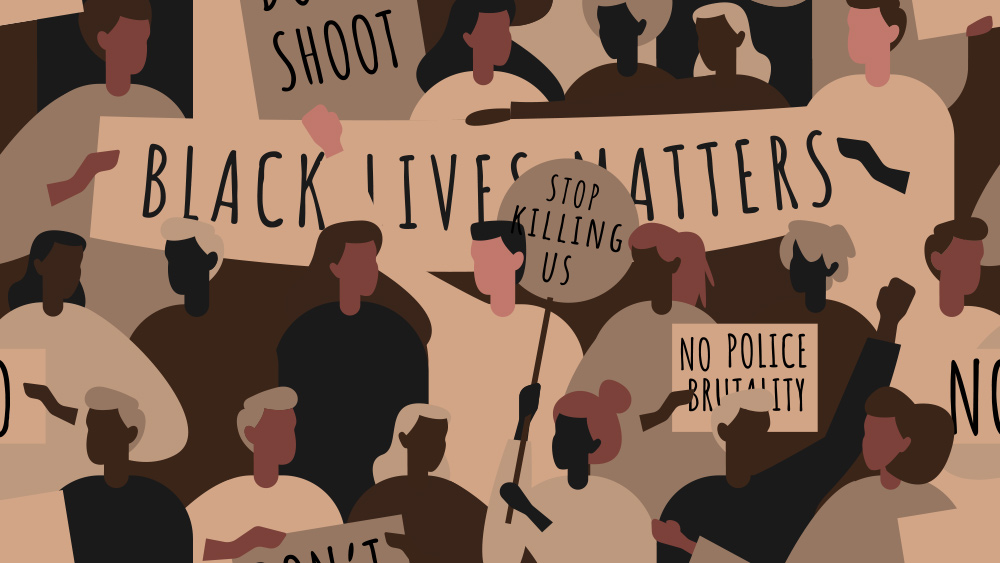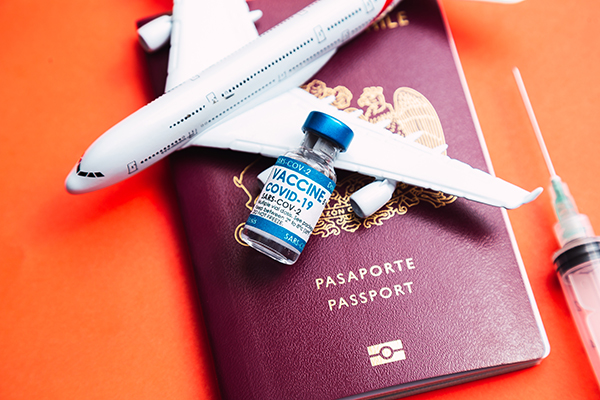
But, did you know that the shingles vaccine could raise the risk of someone else getting chicken pox?
Research on this very topic was published in 2011 by The Journal of Infectious Diseases. The elite research team was comprised of members from NASA's Lyndon B. Johnson Space Center, University of Texas Health Science Center, University of Colorado Medical School, and the CDC.
The team conducted an analysis of 36 male and female participants, all of whom were over the age of 60. To begin, all of the subjects were given a vaccine for shingles that was created by the pharmaceutical giant, Merck. The vaccine, known as Zostavax, contains live, attenuated varicella zoster virus (VZV).
The scientists note that the vaccine package's insert notes that recipients should avoid contact with newborn infants, pregnant women who've not had chicken pox, and immuno-compromised individuals for an unspecified amount of time following inoculation. (Related: Learn more about vaccine dangers at vaccines.news)
After administering the vaccine to the study participants, skin swab samples were gathered at the site of injection. Saliva samples were gathered before and after inoculation. On days 1 through 3, and days 7, 14, 21 and 28, saliva samples were taken each morning before the subjects had anything to eat or drink.
So, what did they find? Exactly 50 percent of the skin samples taken from the injection site within ten minutes of the inoculation's administration tested positive for VZV. The team says that this potentially could indicate the presence of infectious disease on the skin within minutes after vaccination.
In the saliva samples, none tested positive for VZV DNA immediately following vaccination. However, during the first week of saliva testing post-inoculation, samples from 21 of the 36 participants tested positive for VZV DNA. On day 14, VZV was detected in samples from 11 participants, and at day 21, it was detected in 10 samples. By day 28, VZV remained present in just two of the study participants. VZV DNA was not detected in the saliva of 15 particpants throughout the 28-day experiment.
According to the research team, the presence of VZV DNA in saliva for up to 28 days after vaccination suggests that there is a potential for people who have recently received the shot to transmit VZV to other people.
These findings are honestly not that surprising; the potential for live virus vaccinations to cause disease is simply something that often gets overlooked by the general public. It is not just the shingles vaccine that is worrisome; there are plenty of other inoculations out there that can also actually spread disease as well.
Some healthcare organizations seem to acknowledge the risks of vaccines, at least to those who are at a disadvantage. As Mike Adams notes, for immuno-compromised patients, the Johns Hopkins Patient Guide cautions against contact with children who have been recently vaccinated and to "Tell friends and family who are sick, or have recently had a live vaccine (such as chicken pox, measles, rubella, intranasal influenza, polio or smallpox) not to visit."
At St. Jude's, children undergoing cancer treatment are given a similar set of suggestions -- and it's easy to see why. Scientific evidence continues to show that when a person is vaccinated with a live virus inoculation, they can continue to shed that virus for weeks.
And as The Health Ranger points out, the risk of transmission, and subsequent infection, applies to everyone -- vaccinated or not.
Sources:
Please contact us for more information.























